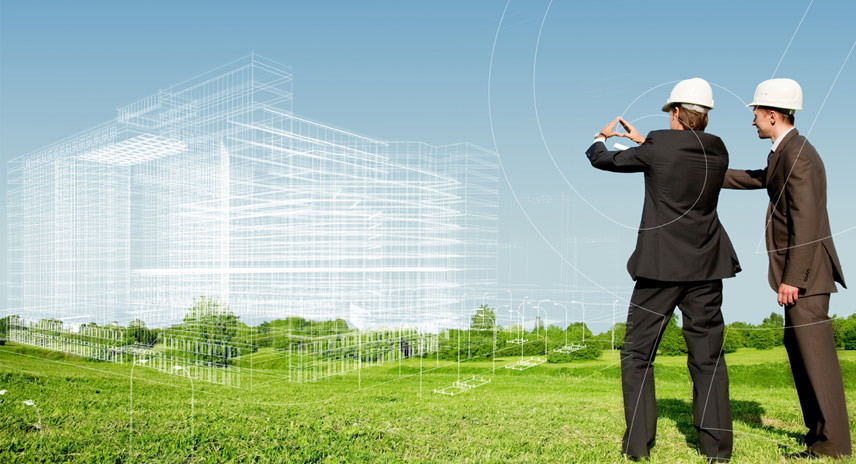The Position and Affect of Property Developers in Shaping Urban Landscapes
The Position and Affect of Property Developers in Shaping Urban Landscapes
Blog Article
Within the world that is real estate, the property owners have a pivotal role in shaping landscapes, communities, as well as economies. These people or groups are the driving force behind the idea, design as well as the construction and marketing for various real estate development projects that range from residential developments to commercial developments. Their impact extends beyond the realm of construction as they are able to navigate the regulatory frameworks as well as developments in the market, and social needs. Understanding the significance and impact of property developers provides insight into the complex nature of the real estate industry and its larger implications.
At the heart of the property industry is a concept of conceptualizing and bringing the spaces to life that are able to cater to the evolving expectations of the population. Developers begin projects on the basis of research into the marketplace, trends in population and urban plans. Their insights determine the viability and sustainability of ventures, guiding decisions on the location, style, and amenities. These include commercial, residential mixed-use, or residential developments their ability to predict future requirements determines the style of neighborhoods and drives the growth of their economy.
After the foundation is set and the foundation is laid, developers start the complicated process of design and construction managing. In collaboration with architects, engineers, and contractors They translate ideas into concrete structures that align with current market needs and trends. Sustainable and innovative design are getting attention, and developers are incorporating eco-friendly building practices and intelligent methods to boost energy efficiency and reduce environmental impact. Moreover, attention to the aesthetics and function plays vital roles in that the appeal of a property will last for a long time, as well as an appreciation for the home.
Beyond the mortar and bricks the property developer has a huge influence over the socioeconomic framework of communities. Their projects can catalyze development, and draw businesses, investors, and residents from previously neglected areas. by revitalizing areas that have been neglected or repurposing obsolete structures, developers are contributing to the revitalization of cities and the cultural renewal of cities. But this power of transformation can also cause concerns over displacement, gentrification, and the erosion of local identity. In their role as stewards of the changing world developers should engage in a transparent dialog with all stakeholders, fostering inclusive development that benefits all members of the society. To acquire supplementary details please go to akisama.com.my/
However, the role of the property developer is not uncontroversial, since they can be perceived as harmful or disruptive to the existing communities. Displacement, gentrification, and affordable issues are common in fast-growing neighborhoods and raise concerns over social equity and inclusivity. The argument is that development without a check places profit margins above the needs of long-term residents, exacerbating income inequality and the homogenization of cultures. Balancing the interests of various stakeholders, including residents, the policymakers and investors is essential to mitigate these problems and ensure an environment that is sustainable for urban development.
As we look to the future, the role of developers in the property industry is set to evolve in response to shifting demographics, urbanization trends and the global challenges. The rising demand for mixed-use development or transit-oriented community developments, as well as wellness-centric spaces will shape the future generation of development projects. Moreover, the imperative for addressing climate change and ensure social equity will prompt developers to embrace innovative solutions as well as collaborative partnerships. In the current dynamic environment, flexibleness, adaptability and a proactive mindset will be the distinguishing factor for trailblazers who are redefining the possibilities of the field of real construction.
